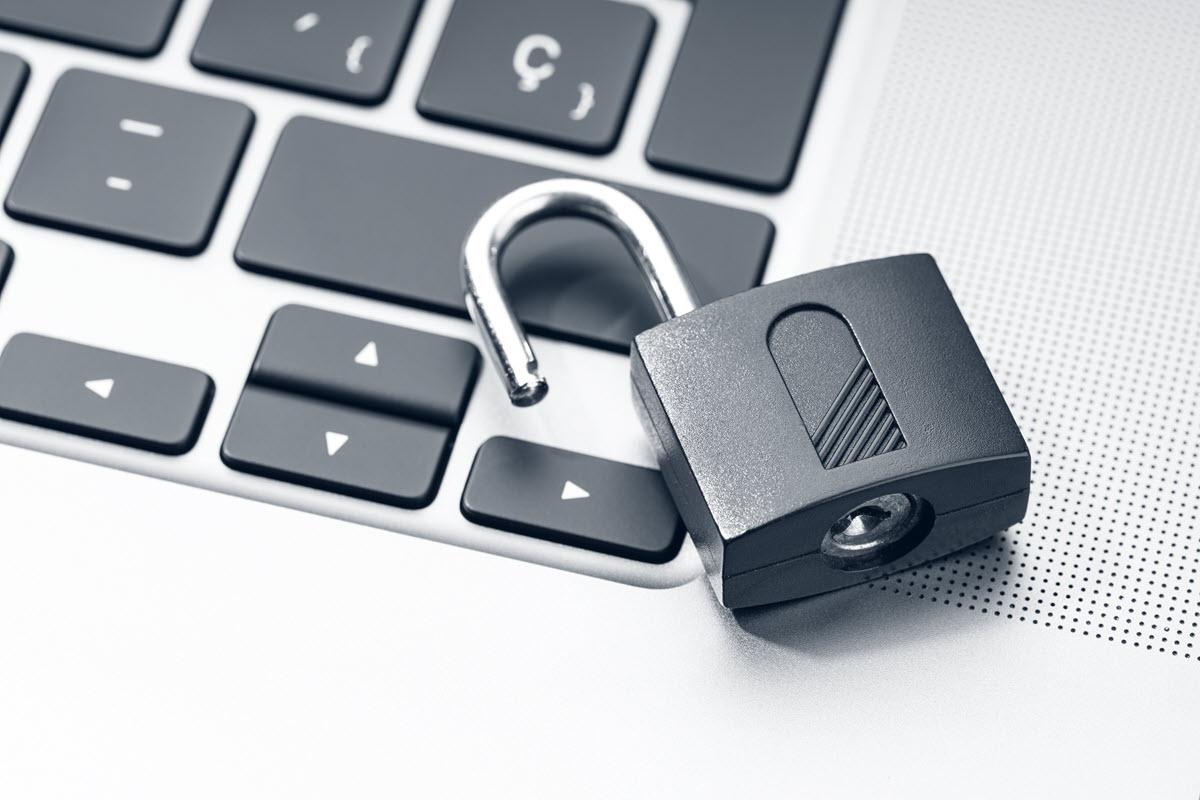Ten examples of Inadequate physical security leading to data breach of ePHI
Physical security is the first line of defense against illegal access to, theft of, or tampering with infrastructure and equipment that maintains, analyzes, or sends confidential patient data. The safeguarding of electronic protected health information (ePHI) is thus facilitated by this. Healthcare organizations regularly store ePHI on backup media, servers, desktop computers, laptops, mobile phones, tablets, and other forms of devices. It is crucial to ensure that these devices are physically secure and that only authorized employees may use them in order to prevent ePHI from accidentally or deliberately getting into the wrong hands. Also, physical security measures secure healthcare centers from risks like fires, natural disasters, and theft, which can all lead to the loss or destruction of ePHI and hurt patient care. Here is the sample checklist of Physical Safeguards for HIPAA compliance.
The importance of physical security in safeguarding ePHI is not only about protecting patient data but also about maintaining compliance with the Health Insurance Portability and Accountability Act (HIPAA) Security Rule. The Security Rule mandates that covered entities and business associates implement appropriate physical safeguards to ensure the confidentiality, integrity, and availability of ePHI. Healthcare companies may incur heavy financial fines, reputational harm, and possibly legal obligations if inadequate physical security is neglected. Healthcare providers who engage in solid physical security measures show their dedication to safeguarding patient privacy and upholding trust, both of which are necessary for establishing and preserving long-term patient-provider relationships. In summary, physical security is a vital component of a comprehensive security program aimed at safeguarding ePHI and ensuring the continued delivery of quality patient care.
Here are ten examples of how weak physical security can cause a breach of ePHI:
-
Unauthorized access to server rooms:
Insufficient access controls or security measures for server rooms can allow unauthorized individuals to gain physical access to servers containing ePHI. Here is the list of 18 ePHI Identifiers you should be aware of.
-
Unsecured workstations:
Workstations left unattended and unsecured may expose ePHI to unauthorized access or theft. Unpatched systems are also prone to ePHI theft when not managed properly. So workstations should be updated regularly and also ensure proper, authorized access.
-
Theft of portable devices:
If not sufficiently secured, portable devices storing ePHI, like computers, cellphones, or tablets, can be readily stolen.
-
Insecure disposal of devices or media:
Unauthorized access to the data may come via improper disposal of hardware or media storing ePHI, such as hard disks, USB drives, or paper copies.
-
Inadequate surveillance:
Devices carrying ePHI are more vulnerable to theft, illegal access, and manipulation when there isn’t video surveillance or monitoring.
-
Unsecured network equipment:
Unauthorized people may obtain physical access to switches or routers that aren’t protected, which might allow them to tamper with the hardware and perhaps access ePHI that is stored there.
-
Physical damage or theft of backup media:
Inadequate protection of backup media, such as tapes or external hard drives, can result in theft or damage, potentially exposing ePHI.
-
Unauthorized access to restricted areas:
Insufficient access controls for restricted areas, such as offices where ePHI is processed or stored, can allow unauthorized individuals to gain access to sensitive information.
-
Tailgating or piggybacking:
Unauthorized individuals can access secure areas by following authorized personnel through access-controlled doors, potentially allowing them to access devices or areas containing ePHI.
-
Insider threats:
Employees or other authorized individuals with physical access to ePHI may intentionally or unintentionally cause a data breach by improperly accessing, disclosing, or disposing of the information.
Implementing proper physical security safeguards to protect ePHI offers several benefits for healthcare organizations. These safety features guard against unauthorized access, theft, and tampering with equipment and infrastructure, protecting the privacy, accuracy, and accessibility of critical patient data. Organizations may stay out of trouble with the law, financial fines, and reputational harm by adhering to the HIPAA Security Rule. Additionally, robust physical security measures demonstrate a commitment to patient privacy and help build trust in patient-provider relationships. Overall, proper physical security is a crucial aspect of a comprehensive security program, which supports the delivery of quality patient care.
Here are five real-world examples of data breaches involving inadequate physical security at U.S. medical practices:
-
Advocate Health Care Network (2013):
Advocate Health Care Network, a healthcare provider in the Chicago area, suffered a data breach affecting over four million patients when four unencrypted laptops containing ePHI were stolen from an administrative office. The theft exposed sensitive patient information, and the organization later agreed to a settlement of $5.55 million for potential HIPAA violations.
-
Oregon Health & Science University (2013):
An unencrypted laptop keeping ePHI was taken from a surgeon’s vacation rental property, resulting in a data breach at Oregon Health & Science University. After the theft incident and subsequent misuse of confidential ePHI, the organization finally consented to a $2.7 million settlement with the U.S. Department of Health and Human Services’s Office for Civil Rights (OCR), which affected about 4,000 patients.
-
Concentra Health Services (2011):
Concentra Health Services suffered a data breach affecting over 900 patients when an unencrypted laptop containing ePHI was stolen from a physical therapy center. A $1.7 million settlement with the OCR for possible HIPAA breaches followed the incident.
-
Cottage Health (2013):
When several unencrypted computers with ePHI were taken from an employee’s car, Cottage Health, a California-based healthcare provider, had a data breach that impacted more than 50,000 patients. Due to the event, the California Attorney General’s office and I reached a $2 million settlement for possible state and federal privacy law breaches.
-
Stolen hard drives at South Texas Veterans Health Care System (2019):
In San Antonio, Texas, two unencrypted hard drives containing ePHI were stolen from the South Texas Veterans Health Care System. The hard drives held information on nearly 4,000 veterans, and the theft exposed sensitive patient data. Although no financial settlement was reported, the breach highlights the importance of adequate physical security measures to protect ePHI.
The need of setting up solid physical security measures to protect ePHI and uphold compliance with the Health Insurance Portability and Accountability Act (HIPAA) Security Rule is shown by these real-world cases. Healthcare businesses may lower the risk of data breaches and better secure patient information by addressing possible vulnerabilities and implementing appropriate security measures.


